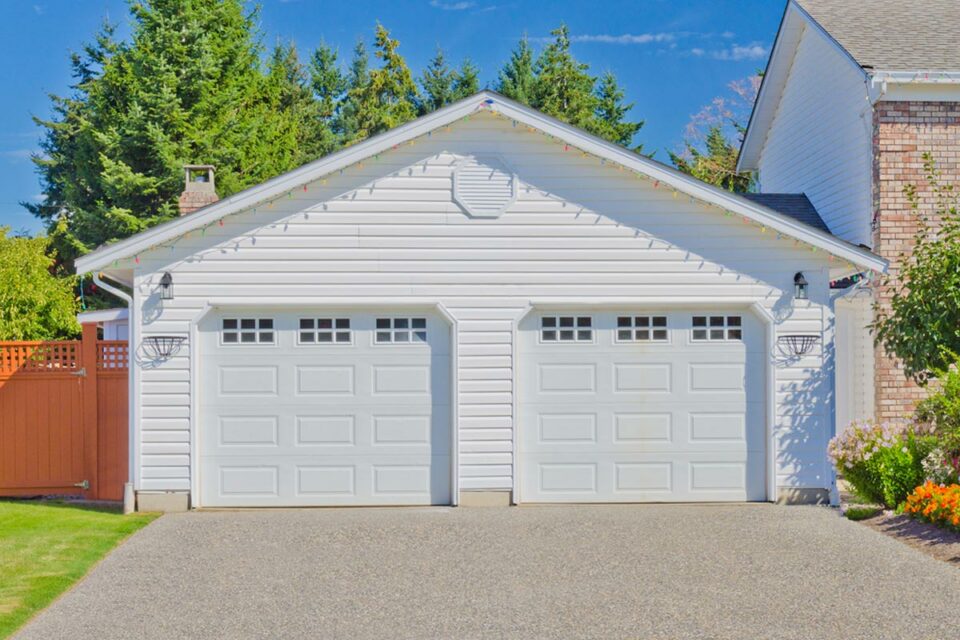Adding a garage to your home can be a practical and valuable investment, providing additional space for vehicle storage, a workshop, or extra storage. However, it’s crucial to be aware of the various costs involved in a garage addition project to make informed decisions and avoid financial surprises. The total cost of a garage additions to house can vary based on factors such as size, materials, location, and local building codes.
Construction Costs:
The most significant expense in a garage additions to house is the construction itself. This includes materials, labor, and equipment. The size and complexity of the garage, as well as the chosen construction materials, will influence these costs. Larger garages or those with additional features like plumbing or heating systems will generally cost more to build.
Permit Fees:
Before starting any construction project, you’ll likely need to obtain the necessary permits from your local government. Permit fees vary by location and are often based on the size and scope of the project. It’s essential to factor these costs into your budget and ensure compliance with local regulations.
Architectural and Design Fees:
Hiring an architect or designer to create detailed plans for your garage is an additional cost. These professionals can help ensure that your garage meets local building codes and zoning regulations. While this may seem like an extra expense, having accurate and well-designed plans can save money in the long run by avoiding mistakes during construction.
Excavation and Foundation Work:
If your property requires excavation or foundation work, this will add to the overall cost. The type of foundation (slab, crawl space, or basement) and the soil conditions on your property will impact these costs. Proper foundation work is crucial for the stability and longevity of your garage.
Utilities and Plumbing:
If you plan to include utilities such as electricity, heating, or plumbing in your garage, these will contribute to the total cost. Running electrical wiring, installing heating systems, or adding plumbing fixtures all come with their associated expenses.
Insulation and HVAC:
Proper insulation is essential to regulate temperature and protect your belongings. Additionally, if you want to heat or cool your garage, you’ll need to consider the cost of HVAC (Heating, Ventilation, and Air Conditioning) systems, ductwork, and insulation.
Doors and Windows:
The type and number of doors and windows you choose will impact costs. High-quality garage doors, for example, can be more expensive but offer better security and insulation. Windows add natural light but also increase the overall cost.

